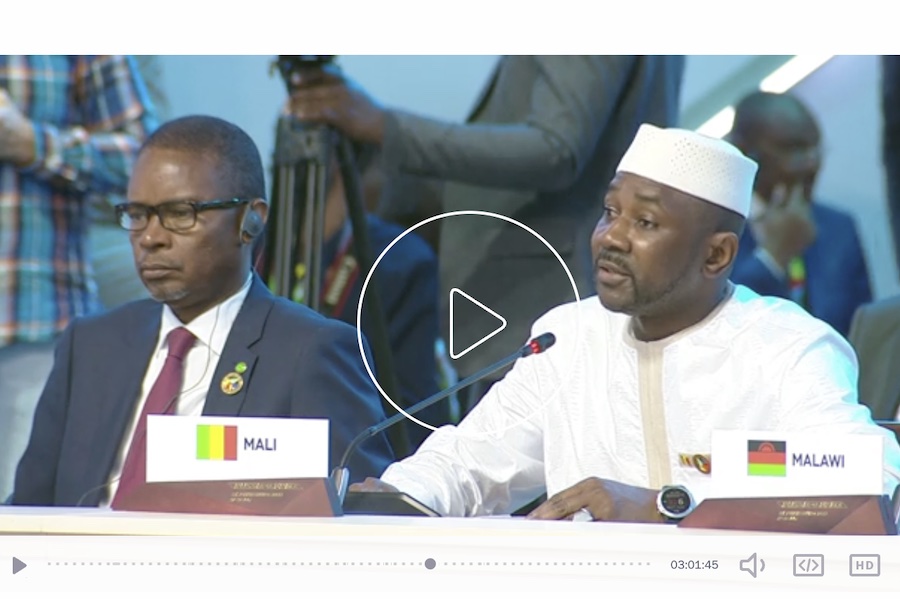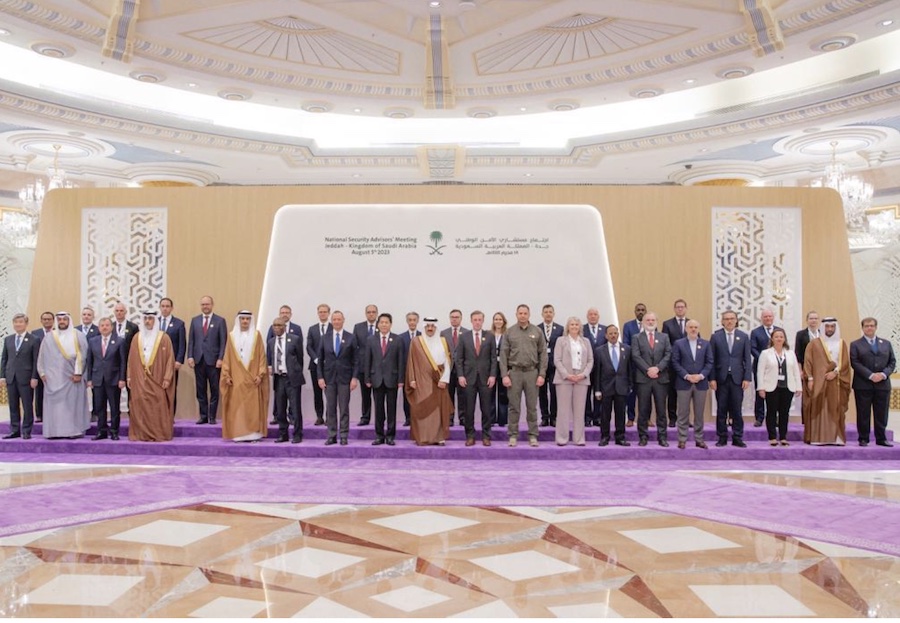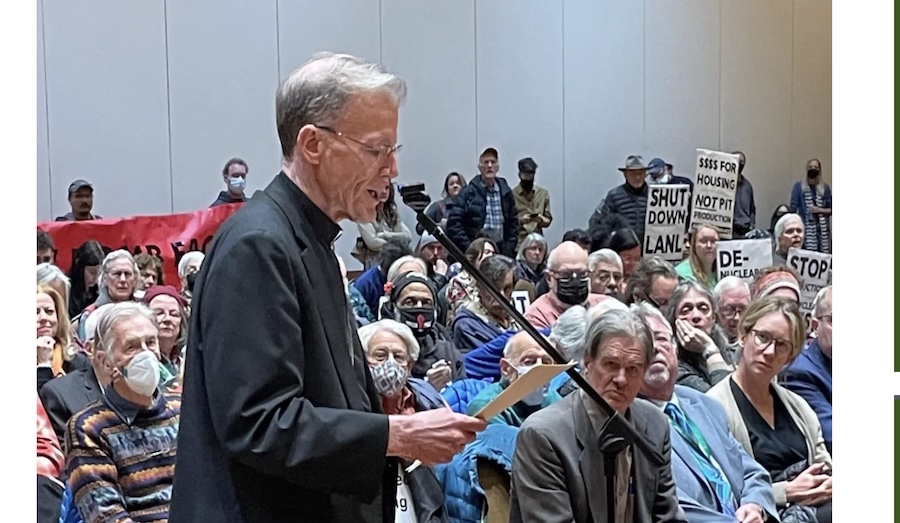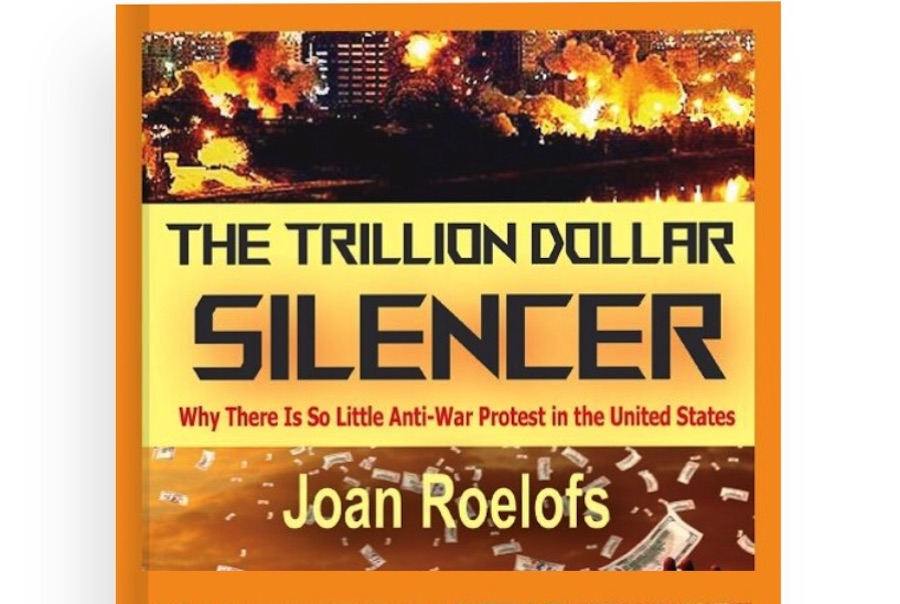DISARMAMENT & SECURITY .
An article from the City of Hiroshima
Every year on August 6, the City of Hiroshima holds a Peace Memorial Ceremony to pray for the peaceful repose of the victims, for the abolition of nuclear weapons, and for lasting world peace. During that ceremony, the Mayor issues a Peace Declaration directed toward the world at large. As long as the need persists, Hiroshima’s mayor will continue to issue these declarations calling for the elimination of nuclear weapons from the face of the earth. This is part of Hiroshima’s effort to build a world of genuine and lasting world peace where no population will ever again experience the cruel devastation suffered by Hiroshima and Nagasaki.

Video de la Declaration par mayor Matsui
Peace Declaration (2023)
“I want the leaders of all countries with nuclear weapons to visit Hiroshima and Nagasaki and, using their own eyes and ears, learn the realities of the atomic bombings―the lives lost in an instant, the bodies charred by heat rays; lives lost in agony from burns and radiation, tended to by no one. I want them standing here to feel the full weight of the countless lives lost.” The hibakusha making this plea was eight years old when the bomb exploded 78 years ago. He always remembered that day as a living hell.
The heads of state who attended the G7 Hiroshima Summit in May this year visited the Peace Memorial Museum, spoke with hibakusha, and wrote messages in the guestbook. Their messages provide proof that hibakusha pleas have reached them. As they stood before the Cenotaph for the A-bomb Victims, I conveyed the Spirit of Hiroshima underlying its inscription. Enduring past grief, overcoming hatred, we yearn for genuine world peace with all humanity living in harmony and prosperity. I believe our spirit is now engraved in their hearts. And in this spirit, the first G7 Leaders’ Hiroshima Vision on Nuclear Disarmament reaffirms their “commitment to the ultimate goal of a world without nuclear weapons with undiminished security for all,” and declares that their “security policies are based on the understanding that nuclear weapons, for as long as they exist, should serve defensive purposes….”
However, leaders around the world must confront the reality that nuclear threats now being voiced by certain policymakers reveal the folly of nuclear deterrence theory. They must immediately take concrete steps to lead us from the dangerous present toward our ideal world. In civil society, each of us must embrace the generosity and love for humanity embodied in the hibakusha message, “No one else should ever suffer as we have.” It will be increasingly important for us to urge policymakers to abandon nuclear deterrence in favor of a peaceful world that refuses to compromise individual dignity and security.
(Continued in right column)
(Click here for a version in French.)
Can we abolish all nuclear weapons?
(Continued from left column)
Mahatma Gandhi, who pursued independence for his native India through absolute nonviolence, asserted, “Non-violence is the greatest force at the disposal of mankind. It is mightier than the mightiest weapon of destruction devised by the ingenuity of man.” The Un General Assembly has adopted, as a formal document, a Programme of Action on a Culture of Peace. To end the current war as quickly as possible, the leaders of nations should act in accordance with Gandhi’s assertion and the Programme of Action, with civil society rising up in response.
To that end, it will be vital to build a social environment in which our dreams and hopes come alive in our daily lives through contact with or participation in music, art, sports, and other activities that transcend language, nationality, creed, and gender. And to create that social environment, let us promote initiatives to instill the culture of peace everywhere. If we do, elected officials, who need the support of the people, will surely work with us toward a peaceful world.
The City of Hiroshima, together with more than 8,200 member cities of Mayors for Peace in 166 countries and regions, intends to promote the culture of peace globally through citizen-level exchange. Our goal is an environment in which our united desire for peace can reach the hearts of policymakers, helping to build an international community that maintains peace without relying on military force. We will continue to expand our programs to convey the realities of the atomic bombings to young people around the world so they can acquire the hibakusha’s passion for peace, spread it beyond national borders, and pass it on to future generations.
I ask all policymakers to follow in the footsteps of the leaders who attended the G7 Hiroshima Summit by visiting Hiroshima and sharing widely their desire for peace. I urge them to immediately cease all nuclear threats and turn toward a security regime based on trust through dialogue in pursuit of civil society ideals.
I further urge the national government to heed the wishes of the hibakusha and the peace-loving Japanese people by reconciling the differences between nuclear-weapon and non-nuclear-weapon states. Japan must immediately join the Treaty on the Prohibition of Nuclear Weapons (Tpnw) and establish common ground for discussions on nuclear weapons abolition by attending, at least as an observer, the Second Meeting of States Parties to the Tpnw to be held in November this year. The average age of the hibakusha now exceeds 85. The lives of many are still impaired by radiation’s harmful effects on mind and body. Thus, I demand that the Japanese government alleviate their suffering through stronger support measures.
Today, at this Peace Memorial Ceremony commemorating 78 years since the bombing, we offer heartfelt condolences to the souls of the atomic bomb victims. Together with Nagasaki and likeminded people around the world, we pledge to do everything in our power to abolish nuclear weapons and light the way toward lasting world peace.
August 6, 2023
Matsui Kazumi
Mayor
The City of Hiroshima








